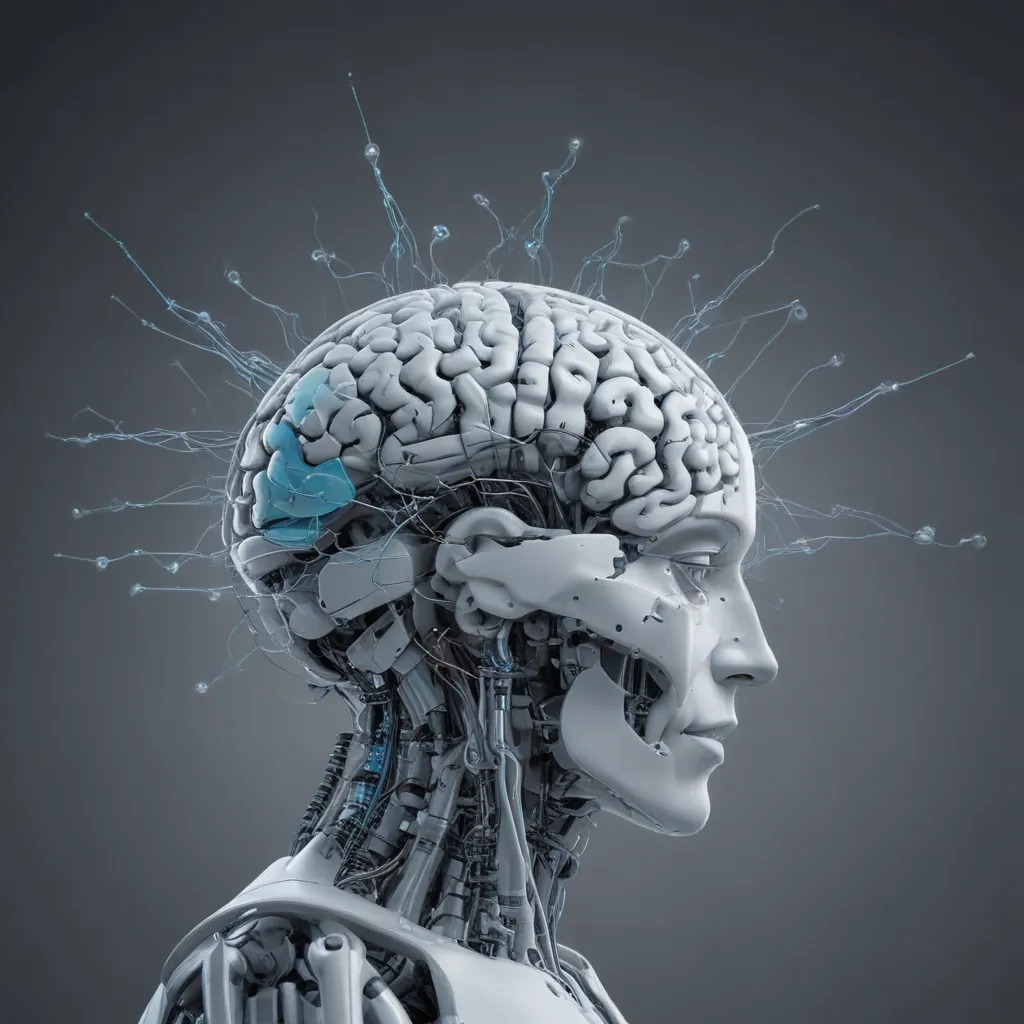Introduction
Artificial intelligence (AI) is rapidly advancing and being deployed across many industries. However, there are important ethical considerations regarding how AI systems are developed and used, especially when it comes to handling sensitive user data. In this article, I will discuss how issues around AI ethics relate to data security and privacy.
AI Bias and Fairness
One of the biggest ethical concerns around AI is bias. AI systems are trained on data that can reflect societal biases. This means the model can discriminate against certain groups of users. For example, an AI recruiting tool trained mostly on resumes of majority groups may rate minority candidates lower.
To build fair and ethical AI, companies need diverse data that represents all users. They also need to carefully validate models for bias before deployment. Otherwise, biased AI can directly violate user privacy and security. Users expect AI services to treat them fairly, not face unjust discrimination.
Transparency in Data Collection
Many users are unaware of how much personal data AI systems collect and use for training. For instance, a “free” AI chatbot collects your conversational data. Much of this data collection occurs without informed user consent.
To uphold ethics standards, AI companies should be transparent about what data they collect and store. Users have a right to know what personal data is being processed. Complex AI models built from user data also need to maintain explainability. This enables investigating issues around data biases and integrity.
Data Protection in AI Systems
Robust data governance practices are necessary to secure user privacy in AI systems. Many accidents stem from organizations not following best practices in data handling.
For example, in 2022 an AI resume screening service exposed user data because they left cloud storage unlocked. AI builders should implement access controls, encryption, and other measures to protect data. They must also delete user data when no longer necessary per privacy laws.
Adhering to principles like “privacy by design” when engineering AI systems can prevent basic data leaks. This means prioritizing user privacy from the start, not as an afterthought.
Ethical Use of AI Predictions
Unethical application of AI predictions presents another danger. For instance, Cambridge Analytica misused people’s Facebook data to target ads based on their psychological profile.
While AI can make useful predictions from user data, acting on certain predictions can be unethical. Companies should consider what types of personalized predictions users would find acceptable vs too intrusive.
Transparency around what information is used for predictions is also key. Users should have the right to opt out of data use for specific types of targeted services.
Ongoing Assessment of AI Risks
Responsible AI development requires continuously evaluating new privacy and security risks. For example, using voice data for AI authentication creates potential for new forms of identity theft. Facial recognition AI also enables mass surveillance overreach.
Companies should take a proactive approach to identifying emerging data misuse risks with AI systems. They must then implement solutions to mitigate those risks, rather than simply reacting after major problems occur.
This ongoing risk assessment process combined with concrete protections and controls allows fostering trust with users. It demonstrates a serious commitment to prioritizing ethics and user well-being alongside innovation.
Conclusion
AI promises exciting progress across industries. But for AI to fulfill its vast potential responsibly, companies must make ethical data handling a top priority. AI ethics includes protecting privacy, ensuring security, mitigating bias, and avoiding harmful misuse of predictions.
By proactively addressing emerging risks and being transparent with users, the tech industry can develop AI that users trust. With great power comes great responsibility – organizations must uphold strong security, privacy, and ethics standards for AI to benefit society.












